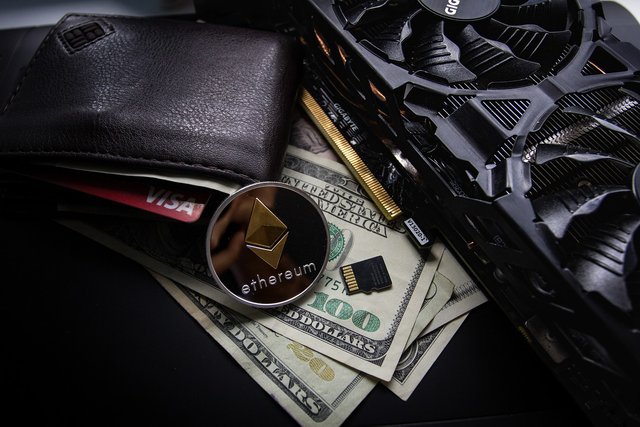Development Platforms: The future of Blockchain

Decentralized applications (DApps) platforms are systems that allow developers to create on-chain programs that are built with smart contracts. They are extremely important for the blockchain technology to expand into more industries.
The biggest, most well-known DApp development platform is Ethereum. It is Ethereum that made it possible for developers to create software that is running on a blockchain. It allowed the blockchain technology to expand to other industries than finance.
However, today, there are many competitors that provide the same kind of platform. The largest ones in market cap, apart from Ethereum, are Cardano and Neo.
Ethereum
In July 2015, Ethereum introduced a platform that could process a programming language on the blockchain. It was the first ecosystem that allowed for any developer who learned Solidity (Ethereum's programming language) to create smart contracts, DApps and decentralized autonomous organizations (DAOs).
As the first-comer and leader in market cap and popularity, Ethereum has a good lead on its competitors. They are also far ahead in number of ICOs on the platform. If the company continues to acquire as many partnerships and continues to improve, it will be difficult to surpass.
As of right now, Ethereum has scalability issues. It can only process 15 transactions per second, which is not enough if they want to continue to grow. They are expected to release an upgrade which will allow for sharding, which, in theory, should allow for an augmentation in transaction speed as more users participate in the platform.
They are also supposed change the consensus mechanism from Proof-of-Work (PoW) to Proof-of-Stake (PoS) in the near future. This means that instead of Ethereum being mineable , people who have Ether in a dedicated wallet will be able to stake them to earn an interest. It also greatly reduces the energy needed to run the platform.
Cardano
Cardano was created by an ex Ethereum employee, Charles Huskinson. In 2015, he had the idea to create a DApp developer platform based on academic and scientific peer-reviewed papers. This method is a great one for innovation, scalability and security but it is also a lengthier one. The first version of the Cardano platform will only be available in 2019.
For now, we know it will be a dual-layered platform where one layer will be the decentralized ledger (accounts) and the second one will manage the metadata associated with smart contracts. This dual-layered solution will reduce the storage needs of the platform while improving its transaction speed and scalability.
The programming language that will be used for Cardano is Haksell, a business application and data analytics language. It will use PoS as a consensus mechanism.
NEO
Anciently called AntShares, NEO is the first public blockchain project to come out of China. The first version was released in December of 2016 but the founders of the project were working on the platform years before.
The NEO platform supports programming in both Java and C# languages and will support Python and Go in the future. This solution allows for any developer who uses these more mainstream languages to program a DApp. It can possibly make the blockchain technology more accessible for programmers, which can, in turn, make it more accessible to the public.
NEO utilizes delegate Byzantine Fault Tolerance (dBFT) as a consensus mechanism. It is a derivative of PoS, but with even faster transaction speed. The system currently performs at about 1000 transactions per second, but could theoretically go up to 10 000 transactions per second with the current version.
Conclusion
Ethereum is still the clear winner as of now. It has the most DApps, the most users, the largest market cap, the most popularity and the best partnerships. Nevertheless, NEO and Cardano have made their way up the cryptocurrency market this year.
The three platforms have their advantages as well as their disadvantages. They are all great projects that could potentially be the market leader at one point. Other projects such as Lisk and Qtum are also coming onto the scene and could possibly dethrone one of the three larger players.
No matter what the project, the smart contracts, DApps and DAOs that can be developed on these platforms will completely transform the way the blokchain is used and the industries it can apply to.
Coins mentioned in post:
I know a lot of people don't consider Steemit a smart contract platform (because it technically isn't) but think about all the DApps like DTube, DSound, and many many more that exist because of Steemit. I think conceptually for most social apps, no one really cares about smart contracts as long as the platform and database is secure.